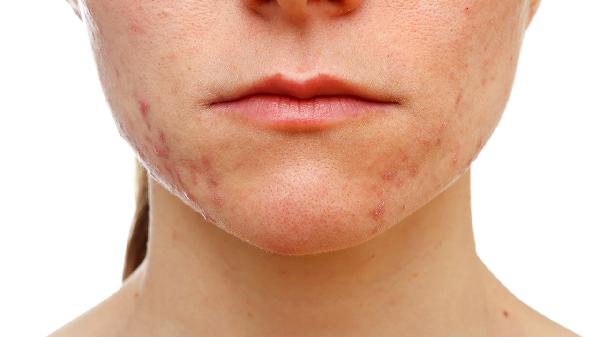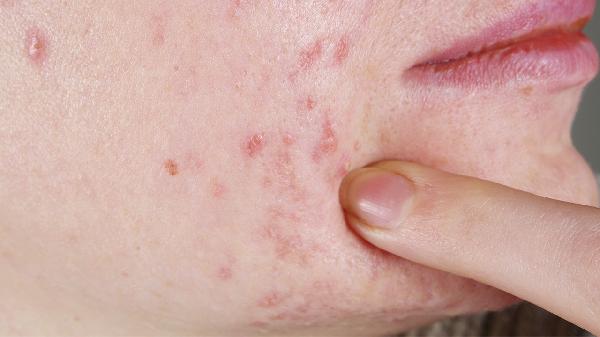Has your little one suddenly become "picky" about food lately? Foods they used to love are now untouched, and they won’t even spare a glance. Don’t be too quick to blame them for being "fussy eaters"—this behavior might hide an unexpected reason: food allergies! Yes, food allergies can not only make your baby’s skin itch or cause sneezing but also lead to a loss of appetite. Today, let’s lift the veil on this "invisible killer" and see how it affects your baby’s eating habits.

1. The "Invisible" Symptoms of Food Allergies
Food allergies don’t always show up as obvious skin rashes or difficulty breathing. Sometimes, the symptoms are subtle, like mild stomachaches, nausea, or oral discomfort after eating certain foods. While these symptoms might not be severe, they’re enough to make your baby averse to food. Over time, they might start avoiding certain foods or even lose interest in eating altogether.
2. Allergies and "Taste Fatigue"
Food allergies can also affect your baby’s sense of taste. When allergic to certain foods, their taste buds might develop "fatigue," making the food taste unpleasant. This "taste fatigue" can lead to a loss of interest in food and, ultimately, poor appetite. For example, some babies allergic to milk might feel a strange aftertaste, which can eventually turn into a dislike for milk.
3. Digestive Discomfort Caused by Allergies
Food allergies can also impact your baby’s digestive system. Allergic reactions might cause bloating, diarrhea, or constipation, making your baby uncomfortable and reducing their appetite. Some babies might feel bloated or experience mild abdominal pain after eating allergenic foods, leading to a rejection of those foods.
4. The "Psychological Shadow" of Allergies
Food allergies don’t just affect physical health—they can also leave a psychological impact. When a baby feels unwell due to food allergies, they might develop a "psychological shadow" around that food or even food in general. This fear can lead to food aversion and a loss of appetite. For instance, a severe allergic reaction to a certain food can make a baby fearful of it, or even all foods.
5. How to Address Food Allergy-Induced Loss of Appetite
If you suspect your baby’s loss of appetite is due to food allergies, the first step is to visit a doctor for an allergy test. Once the allergens are identified, avoid exposing your baby to those foods. Meanwhile, try offering them their favorite, non-allergenic foods to gradually restore their appetite. You can also diversify their diet to encourage interest in eating.
Food allergy-induced loss of appetite in babies, though seemingly "invisible," has a significant impact. As parents, we need to pay close attention to our baby’s eating habits and promptly address any food allergy issues. Only then can we ensure our babies grow up healthy and free from the troubles of poor appetite. So, the next time your little one becomes "picky" with food, remember: the culprit might just be a hidden "invisible killer"—food allergies!
























